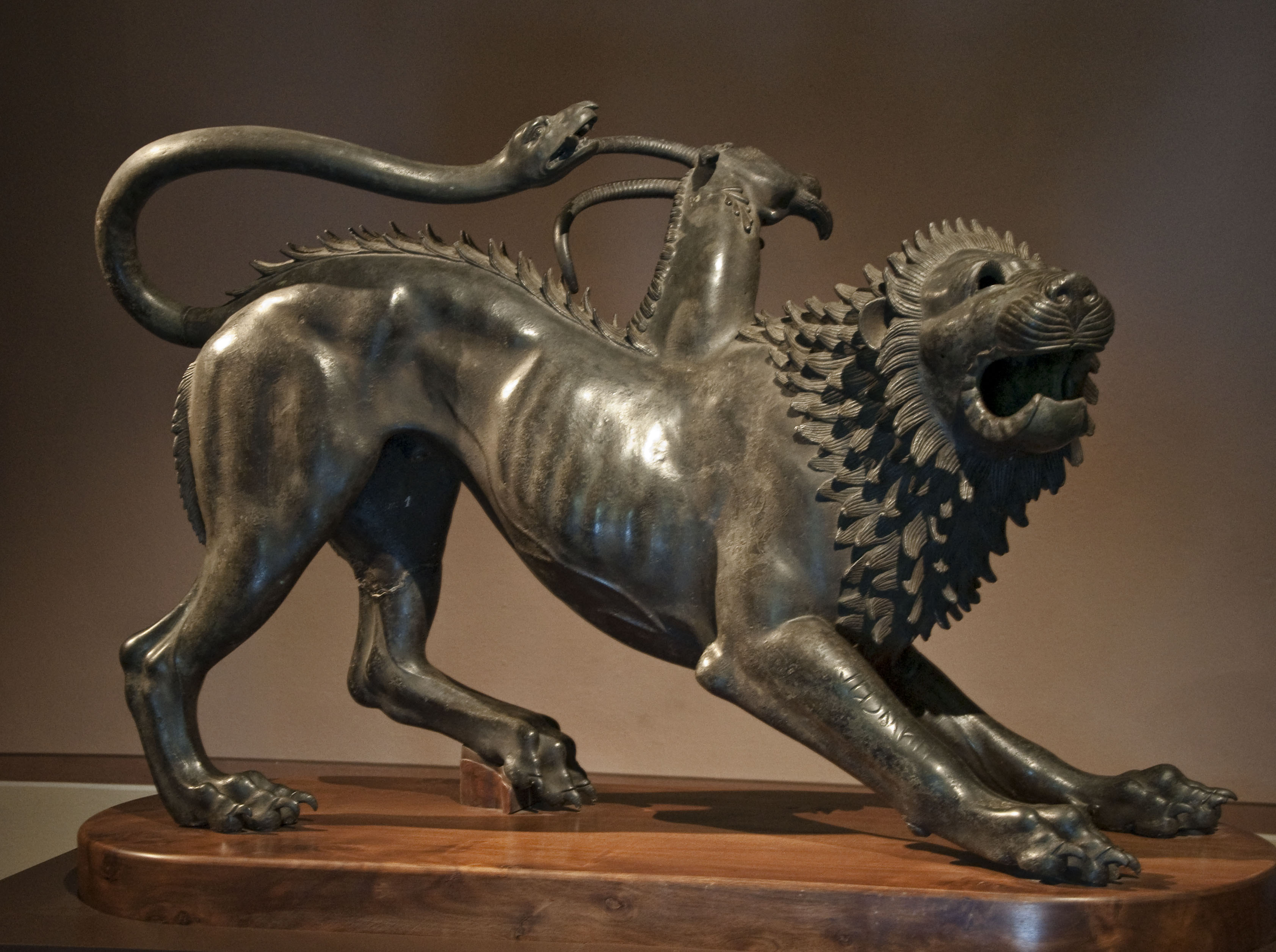It is interesting to see the specific aspects of the University which the Commissioners settled themselves, as compared to the many which they left up to the Board of Visitors to decide upon. Namely, they conferred upon the Visitors the responsibility to "establish rules for the government & discipline of the students...", "the premiums to be given for distinguished merit", and "what qualifications shall be required to entitle entrance into the university." My point in addressing the wide range of important decisions the Commissioners left up to Visitors is this: our goal in engaging in this Democratic Writing Project was so that it might "help us engage our place, ourselves, and one another with a clearer sense of what brings us here as well as what forces shape our differences and commonalities", as stated on the Engaging Democracy at UVA website. It seems that, while the Rockfish Gap Report provides an adequate description of the vision the Commissioners had for the University, many of the vital founding principles of the University (what values are important for admission, what indicates merit as a student, the characteristics of the government of the school, etc.) are decisions not made within the document. The Rockfish Gap Report provides an effective outline for the founding of the University, but we must include other resources, such as the decisions of the Visitors, in order to get a complete look at the founding principles which continue to influence our University to this day.
